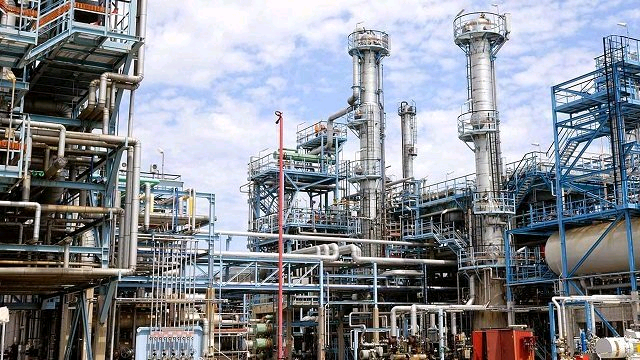In a grim outlook for Africa’s economic landscape in 2024, the African Energy Chamber (AEC) has projected a significant downturn in crude oil production, with Nigeria and other oil and gas-producing nations particularly vulnerable.
Nigeria, already grappling with economic challenges attributed to low oil production amid theft, vandalism, and a challenging operating environment, faces heightened concerns as the N26.01 trillion 2024 budget is predicated on an ambitious oil production target of 1.7 million barrels.
According to the Nigerian Upstream Petroleum Regulatory Commission (NUPRC), the country’s oil production rose to 1,346,562 barrels per day in September 2023. However, the AEC’s ‘The State of African Energy 2024 Outlook’ report paints a bleaker picture, anticipating a continent-wide drop in oil production from 6.9 million barrels per day to 6.62 million barrels per day.
As African nations aim to refine their crude oil locally, several refinery projects are slated to commence operations in the coming year. Egypt, Algeria, Libya, South Africa, and Nigeria, among others, are investing in refinery infrastructure. Nevertheless, Nigeria’s refineries are struggling to secure adequate crude oil supplies, while gas projects face setbacks due to insufficient gas feedstock.
NJ Ayuk, Executive Chairman of the African Energy Chamber, expressed concern over the declining oil production, emphasizing the crucial role of oil extraction in fostering economic growth and funding essential programs and infrastructure development.
Amidst these challenges, the Nigerian Upstream Regulatory Commission is actively enforcing the Domestic Crude Supply Obligation (DCSO) introduced by the Petroleum Industry Act (PIA) to ensure domestic refineries receive sufficient crude oil supplies. The regulatory measures include fines, penalties, and denial of export permits.
Against the backdrop of these developments, Nigeria is grappling with a foreign exchange crisis, escalating debt, and significant underdevelopment. The oil and gas sector, contributing over 85 percent of foreign exchange earnings, is a major factor exacerbating the country’s economic woes. Nigeria’s current oil production, standing at approximately 1.3 million barrels, marks a stark contrast to the 2011 production levels of 2.4 million barrels per day, further highlighting the severity of the economic challenges facing the nation.










